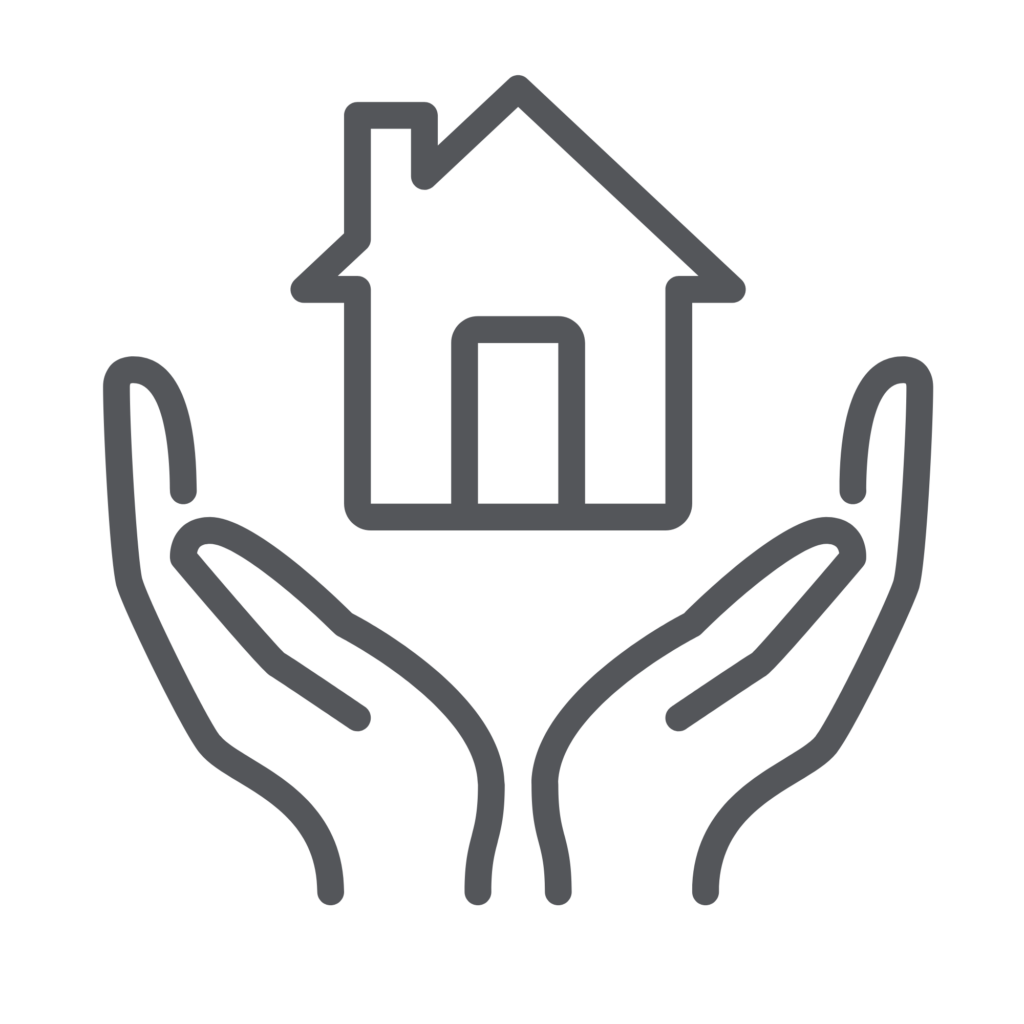“Ku-gaa-gii pimitizi-win, which translates in English to “Life is always/forever moving”, is a spirit name given in ceremony by Elder Dylan Courchene from Anishnawbe Health Toronto. This name reflects and honours the movement of homeless individuals across the land, the spirit and growth of the land we are on, and the force that connects us all to the future.”
With heartfelt gratitude, we would like to acknowledge and thank the participants of the Ku-gaa-gii pimitizi-win study. 736 individuals took part in this project by sharing their lived and living experiences of homelessness during the uncertainty of the COVID-19 pandemic. The participants of this study are diverse in backgrounds and come from many walks of life. This study would not have been possible without their generous contributions.
For this project, Anishnawbe Health Toronto will be in possession of and maintaining health data collected from Indigenous participants.
COVID-19, Homelessness, Housing and Health

People experiencing homelessness are at a high-risk for contracting SARS-CoV-2 and suffering from severe COVID-19 infection. COVID-19 has posed a major threat to health and has spread rapidly in shelters while significantly increasing the hazards of poor health outcomes.
Since the beginning of the pandemic in Canada in March 2020, there has been an urgent need for longitudinal and epidemiologic data to guide public health and housing responses in an effort to prevent and control COVID-19 outbreaks in homeless populations. Data driven decision-making for governments, policy makers; health professionals, community service providers and people with lived experience are necessary to understand the efficacy of current efforts to control COVID-19 (e.g. through creation of new shelter spaces, relocation of individuals to hotels).
The actionable, data generated through this study aims to provide the trajectory of COVID-19 in the homeless population, and will help us better understand what works to prevent, detect and manage COVID-19 in this high-risk group. Through established policy and service-provider relationships and major investment through the COVID-19 Immunity Task Force (Government of Canada), this data will be applied to inform and improve COVID-19 and future pandemic responses in cities across Canada.
Relationships in research

We have developed a partnership with Anishnawbe Health Toronto, a community organization whose mission is to improve, support, and promote the health, wellbeing, and healing of Indigenous people within a multidisciplinary model of care. Anishnawbe Health Toronto supports a decolonized approach to study governance and management that nurtures openness and honesty, thus fostering deep cultural change that focuses on rebalancing power, opportunity and belonging for the team. For this project, Anishnawbe Health Toronto will be in possession of and maintaining health data collected from Indigenous participants. Our role is working collaboratively with Indigenous health researchers to make sure these protocols are maintained. In adhering to practices of safe research ethics we strive to ensure that Indigenous communities should maintain ownership and possession of Indigenous data, and ideas.
In support of AHT’s research capacity and management of collected Indigenous data, established research partner, the Waakebiness Bryce Institute for Indigenous Health at the Dalla Lana School of Public Health, was connected to manage, advise, hold, and analyze the data collected from Indigenous participants. Ongoing cultural advisory from culturally-based and community-rooted perspectives on health data and governance in support of community health have been implemented in research protocols, dissemination plans, knowledge translation, and data analysis and interpretation. The team from Waakebiness includes co-director, Dr. Suzanne L. Stewart, alongside Indigenous and non-Indigenous research team members and students that have established community presence working in support of the Indigenous community throughout COVID-19.
Our study is continually informed by consultations with the MAP Community Expert Group, composed of people with diverse experiences of homelessness and intimate knowledge of the health and social barriers that people experiencing homelessness face. Their role is to ensure the inclusion of underrepresented groups in participant recruitment and retention over time, and the co-creation of scientific learnings, innovation, and impact.
The Ku-gaa-gii pimitizi-win study team brings together leading experts in homelessness and health equity, Indigenous health, longitudinal cohort study design, infectious disease epidemiology and control, microbiology, COVID-19 testing, genomics and genomic epidemiology, infectious disease transmission modelling, health policy and health care systems, public health, and advocacy. Academic investigators have been recruited from all career stages (early-career, mid-career, and senior), and across institutions. Collaborators from government and non-profit agencies play an integral role by contributing their valuable expertise and insight to inform decision-making processes.
How we plan to study this

The Ku-gaa-gii pimitizi-win study will determine the prevalence and incidence of COVID-19 among people experiencing homelessness in Toronto over a 12-month observation period. Beginning in September 2021 the COVENANT study has regularly surveyed 736 randomly selected people experiencing homelessness in Toronto. Participants have provided their consent to have us look at their COVID-19 symptoms, interactions with the health-care and shelter system, and the places they have stayed overnight. We are currently examining whether housing history and individual-level and shelter-level characteristics are risk or protective factors for COVID-19 infection and poor outcomes.
Data from this cohort will be linked with provincial health administrative data including COVID-19 testing and vaccination records, and health care utilization. Finally, this study aims to understand vaccine uptake and reasons for vaccine hesitancy among this population. With real-time epidemiological data obtained from this study, we will map the future course of the pandemic. This study is longitudinal in design and collects data from participants over a 12-month period. Our data collection is managed by the MAP Survey Research Unit. They are experts in following and interviewing hard-to-reach populations such as people experiencing homelessness and/or mental health challenges.
Sub-studies

The main Ku-gaa-gii pimitizi-win study also includes 3 sub-studies which will contribute knowledge to predicting COVID-19 infection and transmission; and contextualize the perspectives of people experiencing homelessness during the pandemic.
Investigators
Unity Health Toronto
- Dr. Stephen Hwang (Principal Investigator)
- Dr. Jesse Jenkinson
- Dr. Rosane Nisenbaum
- Dr. Sharmistha Mishra
- Dr. Ramzi Fattouh
- Dr. Tara Kiran
- Dr. Irfan Dhalla
Sinai Health
- Dr. Allison McGeer
- Dr. Anne-Claude Gingras
- Nicholas Waglechner
University of Toronto
- Dr. Jen Gommerman
- Dr. Alainna Jamal
- Dr. Arnav Agarwal
- Dr. Robyn Lee
- Dr. Mario Ostrowski
Toronto Public Health
- Dr. Allison Chris
- Dr. Eileen de Villa
Sunnybrook Hospital
Inner City Health Associates
John Hopkins University
Former Investigators
- Dr. James Lachaud
- Dr. Cilia Mejia-Lancheros




